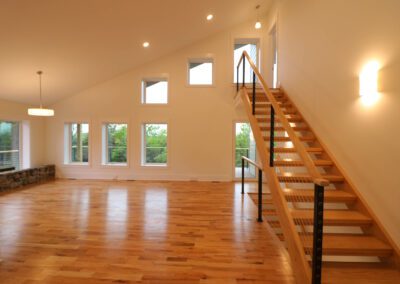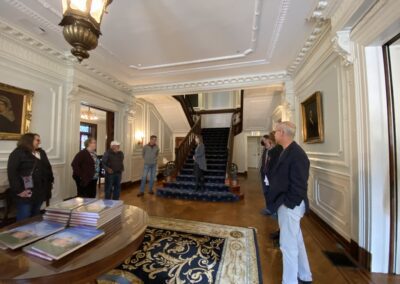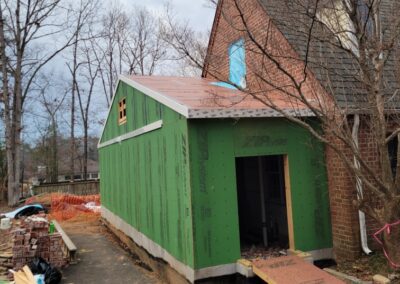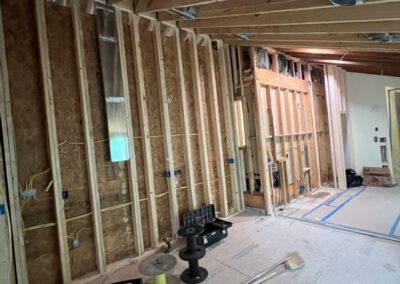Why change, after all, we have “always done it this way?” This is an interesting attitude that does not solely exist in the construction industry but throughout society. We don’t like change. Doing things that we are used to, comfortable with, and know the expected outcome does not cause us stress. We want things to be simple. So why rock the boat now?
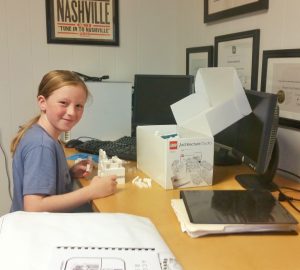
Things have changed, continue to change, and are changing at a very rapid pace. Look at technology within the last 4 years. If you go to the job site now you may find a site supervisor with an IPad in their hands looking at the drawings, specs, searching product data sheets, logging time, or checking the radar. It was just a few years ago I was working on a project in Charlottesville where I had to fight to get the site supervisor to EMAIL me his question because the quality of his fax was not readable.
Beyond the changes on the job site, technology is changing how we build. It was just two years ago that I designed a home in Harrisonburg and sent it out to bid. I asked for advanced framing techniques to be used in some places on the home and most of the bidders charged extra for that “green stuff” the architect added. Last week when I visited a job site in Charlottesville I found an insulated header I did not ask for from a contractor that told me “I want to do this right.”
A home, commercial building, or warehouse are all very complicated machines that need someone looking at the system in a holistic manner. Buildings are complicated, there are many moving parts, and every decision impacts three or four hundred other items. This is not an industry that should NOT be solely focused on aesthetic solutions when building owners are struggling with energy costs and comfort issues.
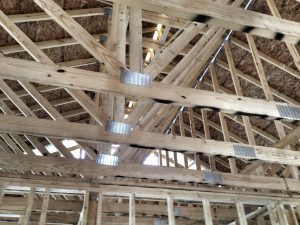
Architects need to take responsibility and lead our industry. Architects need to talk about the importance of well thought out designs, specifications, building science, documentation, and functional solutions. Architects need to know building materials, who to call with questions about building materials, and where to find the factual information about building materials. Architects need to demand clear lines of communication, offer documentation is that clear, concise, correct, and complete. Architects as a profession need to reestablish their value to the construction industry as more than just someone to make it look beautiful. Architects have a huge responsibility in front of them – will the industry step up and take on the challenge?

